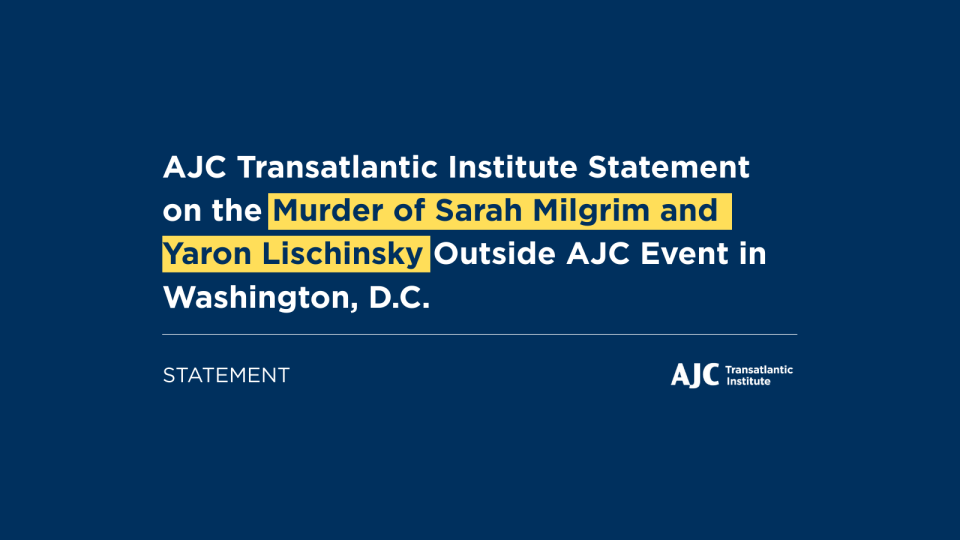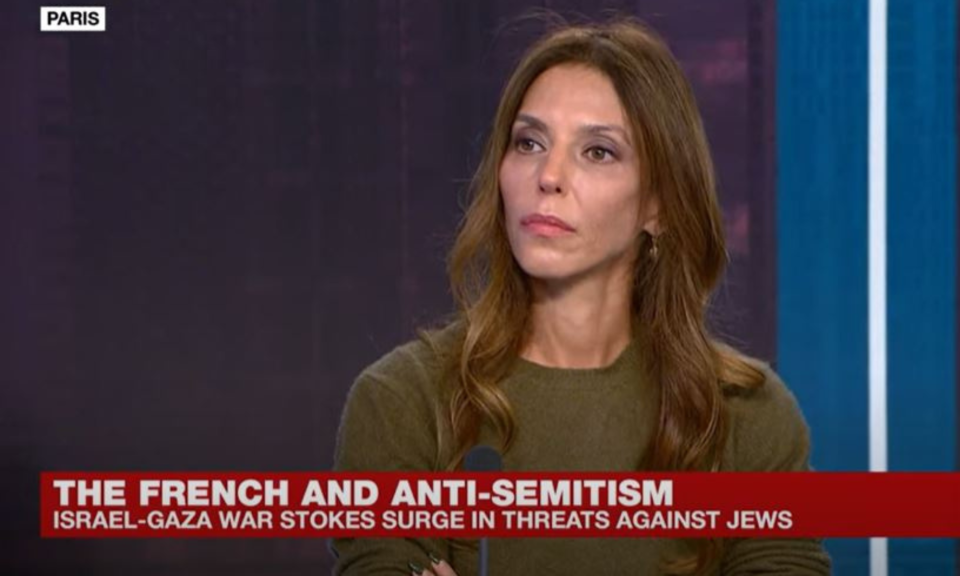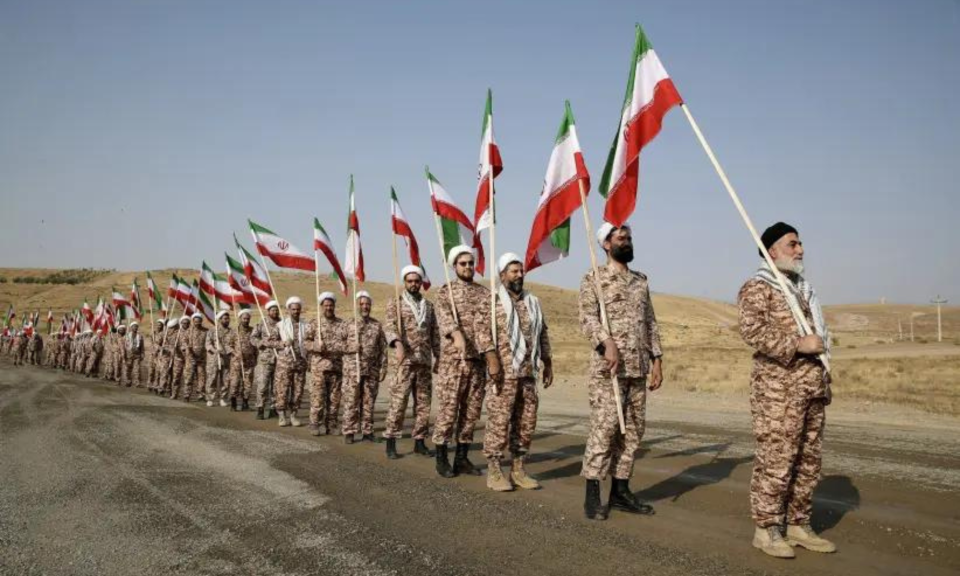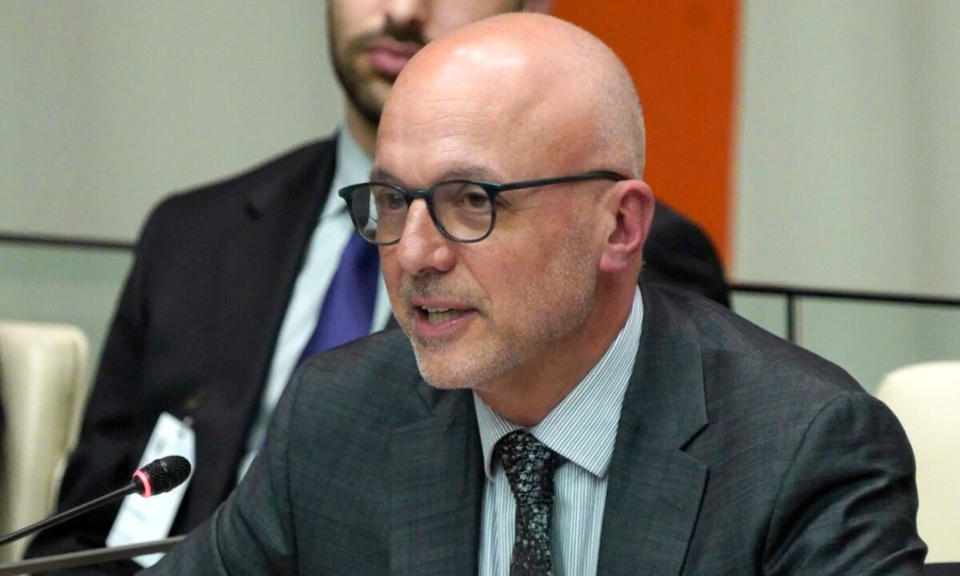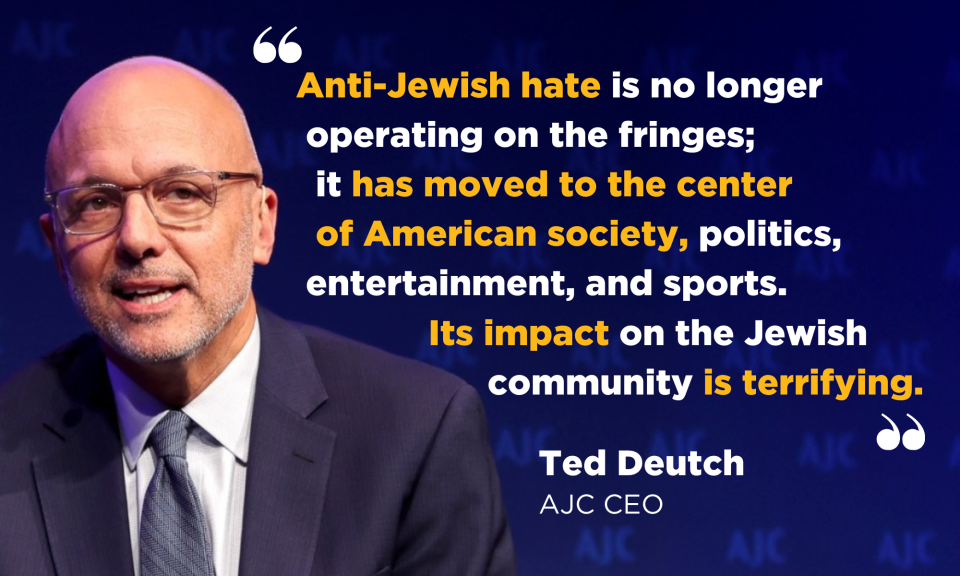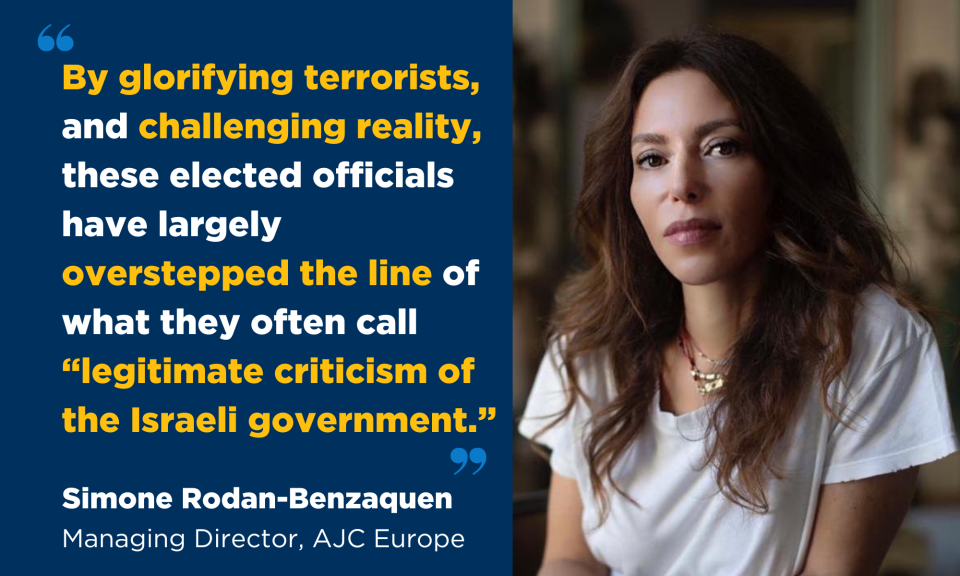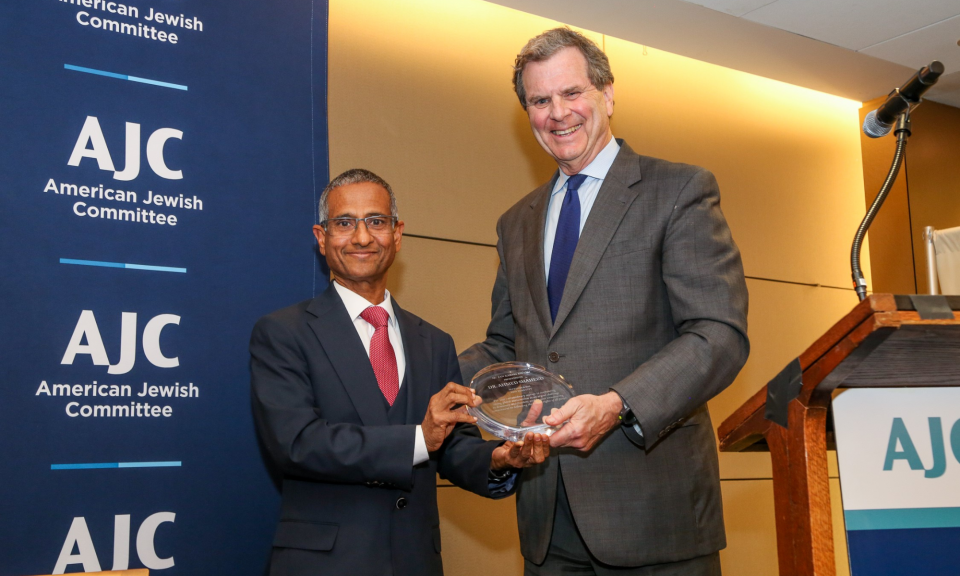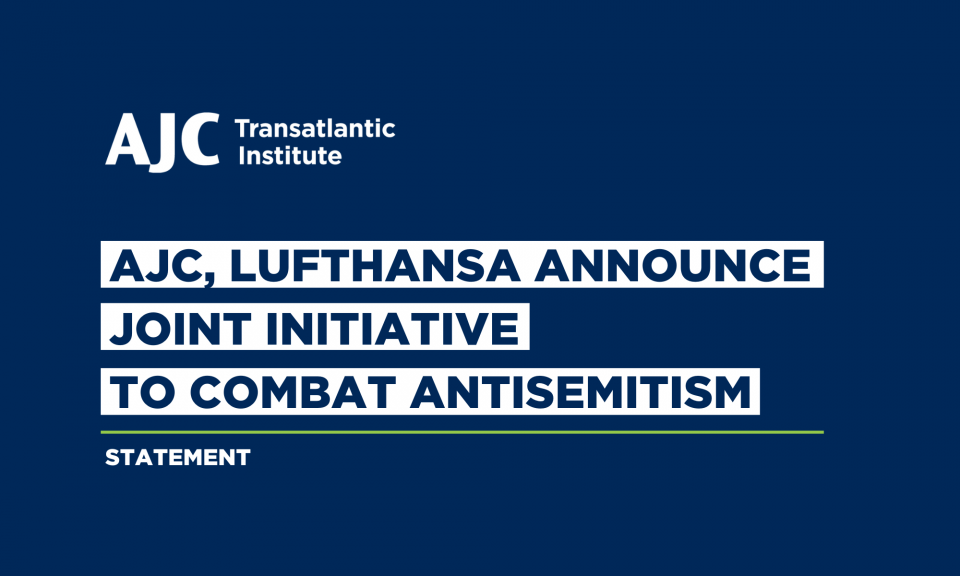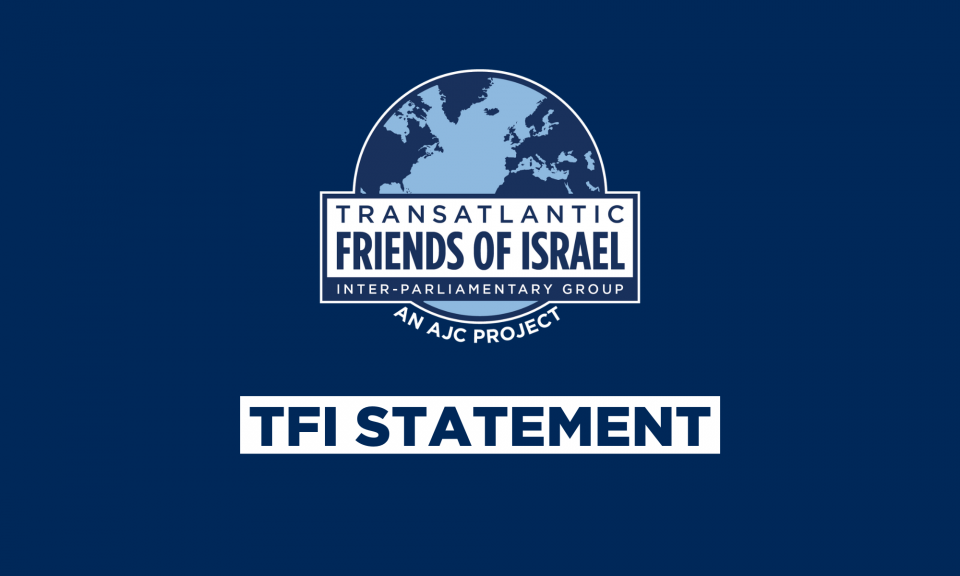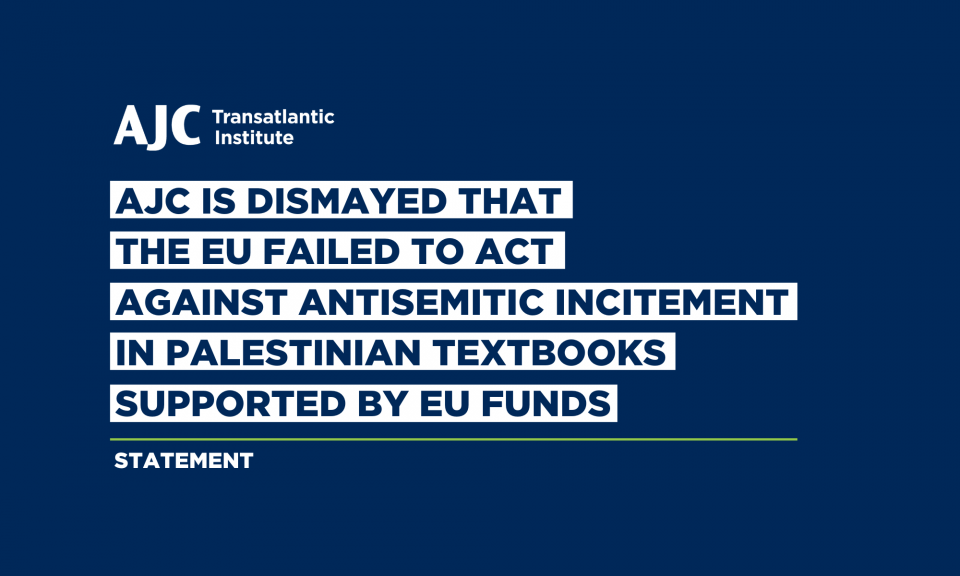Analysis
Black-Jewish Unity
9 September 2020
Harriet P. Schleifer and Marc H. Morial
When U.S. Rep. John Lewis addressed American Jewish Committee leadership at the National Museum of African American History and Culture in Washington, D.C., in 2018, he emphasized that Blacks and Jews have long shared a common cause.
“Our foremothers and forefathers all came to this great land on different ships, but we’re all in the same boat now,” Lewis said. “We must look out for each other and care for each other. And never, ever give up. … until we reclaim the soul of America. If we get it right here in America, maybe this country can emerge as a model for the rest of the world.”
Those words of the late civil rights icon guide our collective mission and partnership today. Regardless of race or faith, all of us, as human beings, share a burden to join as a community of conscience to end hate, racism, antisemitism and ignorance.
Our sorely divided nation is enmeshed in a reckoning of racial justice and a dangerous rise of antisemitism. America’s Black and Jewish communities must lead by embracing the collective aspiration to protect every man, woman and child regardless of color and creed.
A time to focus on unity
Times of crisis call out for new initiatives. This week, the National Urban League and AJC are partnering to seek meaningful change in American society by declaring the post-Labor Day period Black-Jewish Unity week.
It is an opportune time to rekindle our alliance that spans decades and has brought about landmark actions that benefited our communities, and America’s democratic, pluralistic society.
Black and Jewish members of Congress are endorsing the unity week with a congressional resolution recognizing the joint need to combat antisemitism and racism.
Together, we are calling for swift passage of the National Opposition to Hate, Assaults, and Threats to Equality (NO HATE) Act. The bipartisan bill will improve hate crime reporting through law enforcement training, hotlines, resources for affected communities and public educational forums. Importantly, municipalities would be compelled to submit hate crimes data to the FBI.
A majority of racially motivated hate crimes target African Americans and nearly 60 percent of religiously motivated attacks targeted Jews and Jewish institutions, according to the latest FBI annual report on hate crimes.
But hate crimes aren’t the only threats facing our communities.
Challenges are on the rise
In its most recent assessment of the African American condition titled “State of Black America, Unmasked,” the National Urban League reported that the global pandemic revealed the stark and deadly results of racism on an enormous scale — from health care disparities and police brutality to prolonged poverty and unemployment.
Meanwhile, 84 percent of American Jews polled in a groundbreaking AJC survey last year believe antisemitism has been on the rise in the U.S. in recent years.
A staggering volume of misinformation on social media platforms has spread bigotry and conspiracy theories that endanger Blacks, Jews and other minorities.
These challenges are daunting but not insurmountable. Blacks and Jews can draw from a long history spanning many decades to tackle today’s monumental challenges. Once again, we stand shoulder to shoulder as Lewis did in 1965 with Rabbi Abraham Joshua Heschel and the Rev. Martin Luther King Jr., praying with their feet from Selma to Montgomery.
The joint fight for civil rights in the 1960s led to more cooperation in the 1970s. In 1975, Vernon Jordan, then-head of the NUL, and Bertram Gold, executive vice president of AJC, telegraphed the Equal Employment Opportunities Commission to protest layoffs that disproportionately affected women and minorities.
When the United Nations adopted a resolution in 1975 condemning Zionism as racism, Jordan called it out as coded language to disguise antisemitism. “The attack upon Zionism amounts to the grossest form of antisemitism, since it is clear that the term Zionism is used by its opponents as a code word for Judaism and Jews,” Jordan wrote in a letter to The New York Times.
In 1982, Lewis worked with AJC to assemble the Atlanta Black-Jewish Coalition. That bond flourished and reached a zenith last year with the founding of the Congressional Black-Jewish Caucus.
Now we are approaching another high point where we not only combat outside sources of hate targeting each other’s community but support each other in the delicate task of confronting prejudice within each of our own communities.
After furthering antisemitic tropes that he believed to be factual, Black entertainer Nick Cannon engaged in a constructive dialogue with AJC and has vowed to educate his own community.
Similarly, organized Jewish communities are making a concerted effort to engage more in progressive social justice movements such as Black Lives Matter, which they previously avoided because of disagreements over Israel. Jewish institutions are striving more to include Jews of color and re-examining the generalization of what it means to “look Jewish.”
#BlackJewishUnity highlights a longstanding and vital partnership. Local AJC and Urban League partners will continue to engage in dialogue and advocate together.
For generations, Blacks and Jews have marched together to demand equal justice. #BlackJewishUnity takes us another mile on that long walk. Together we will continue to press on, using the tools of our democracy to make America’s founding promise a reality.
Together we will write what we hope is the last chapter in the story of America’s long confrontation with racism, antisemitism and all forms of hate. We stand together as partners in this noble effort.
